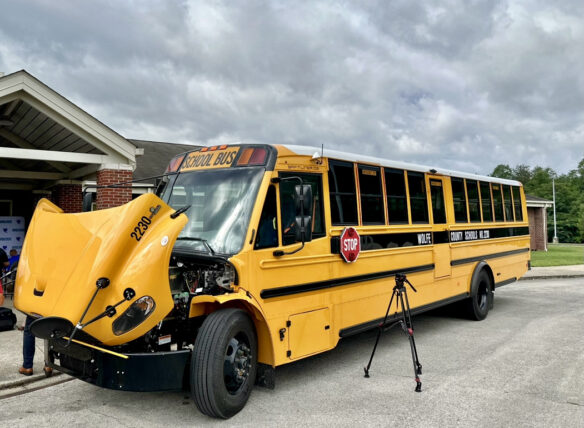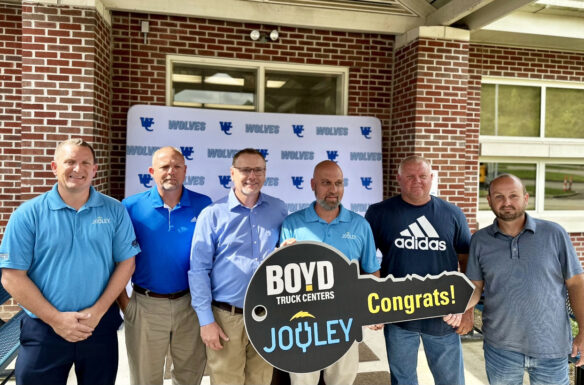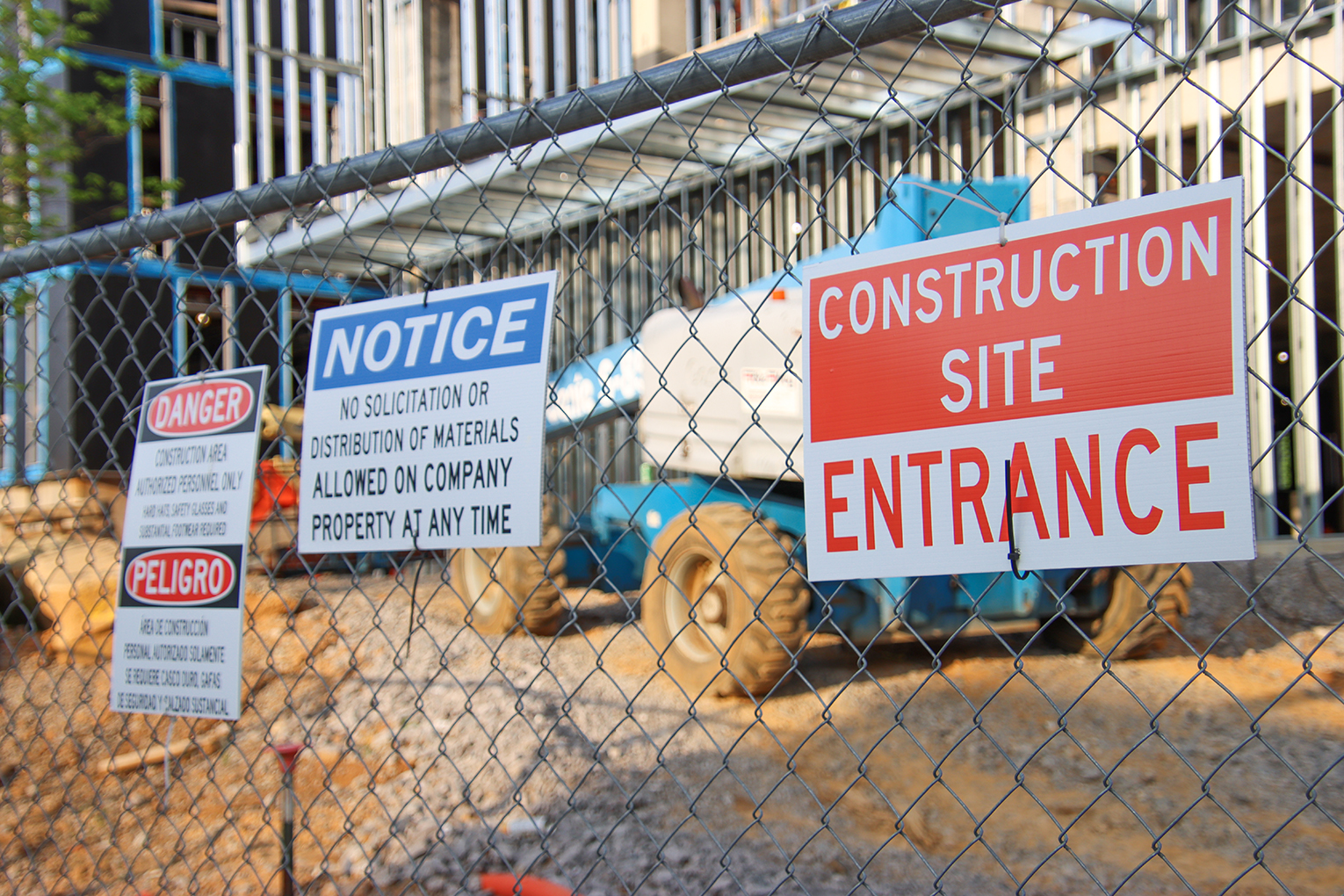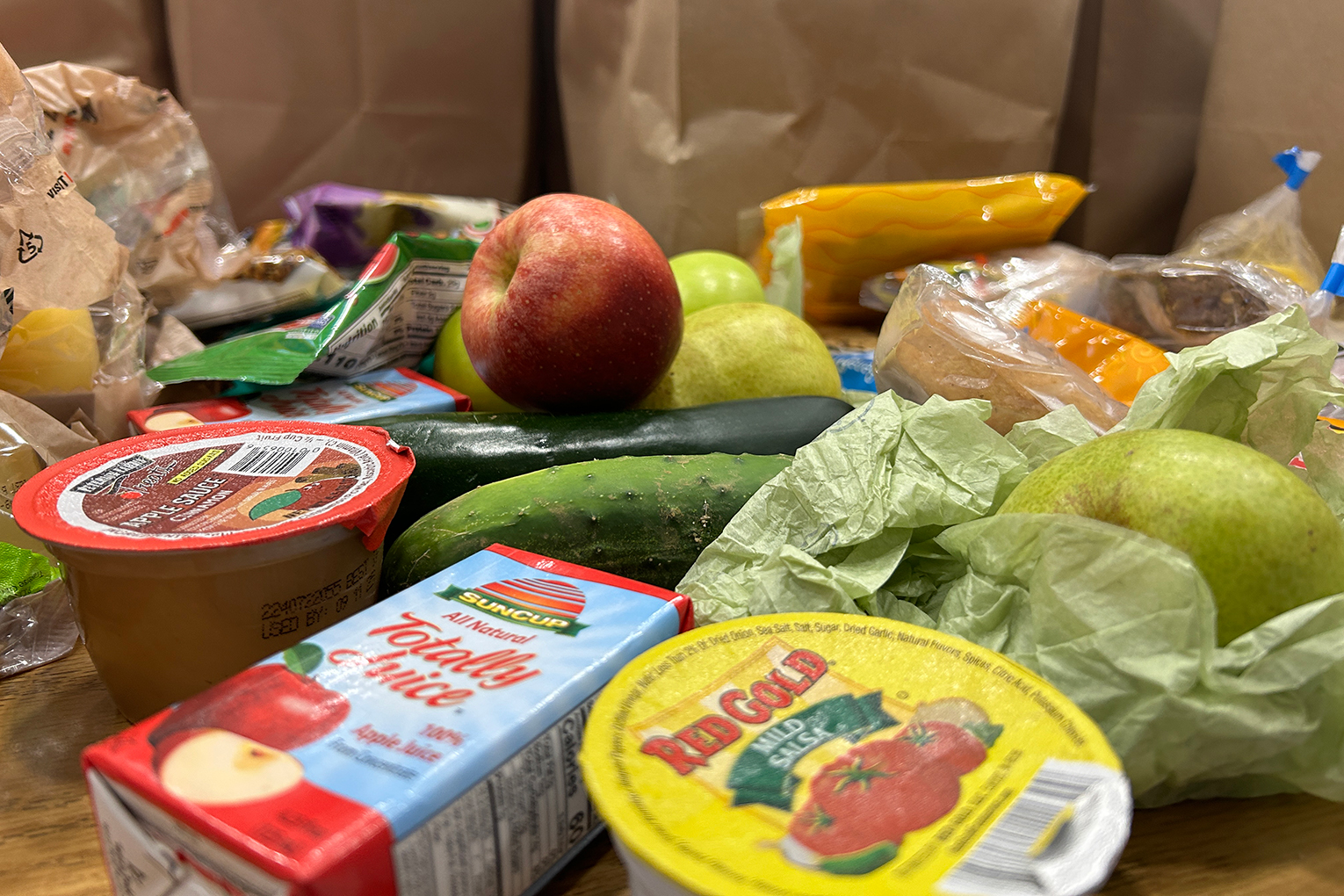
Wolfe County received the first electric school bus in Kentucky on Aug. 7, 2023. The delivery is part of an effort funded by the U.S. Environmental Protection Agency’s Clean School Bus Program.
Photo by Caleb Bates, Aug. 7, 2023
(CAMPTON, KY) – The Wolfe County Board of Education celebrated the delivery of Kentucky’s first electric school bus with a community gathering at Campton Elementary on Aug. 7.
The delivery is part of an effort funded by the U.S. Environmental Protection Agency’s (EPA’s) Clean School Bus Program. School districts were able to apply for funding and were then selected through a lottery.
In all, approximately 60 electric buses are on order for 10 Kentucky school districts this year. Each selected district will receive different buses depending on their infrastructure and needs.
Over the next five years, the program will provide $5 billion across the country to replace existing school buses with zero-emission and low-emission models.
Officials with the Kentucky Department of Education (KDE), Thomas Built Buses, Boyd Truck Centers and the Wolfe County Board of Education were on hand to celebrate the delivery of the first electric bus two days before the first day of school.
“This helps us create a greener county and a sustainable future for generations to come,” said Kenny Bell, superintendent of Wolfe County Schools.
Wolfe County rests in the hills of southeastern Kentucky, with parts of the Red River Gorge in its boundaries. Bell said Wolfe County cares about the environment surrounding it.
“More importantly, this allows us to model to our students that we not only talk about green energy, we not only talk about environmental sustainability, but we take action,” Bell said.
The cost for an electric school bus is about $400,000, compared to about $150,000 for a diesel bus, said Elisa Hanley, the pupil transportation branch manager at KDE.
According to the EPA, school buses travel more than four billion miles each year. The new electric buses will produce zero exhaust emissions or greenhouse gases, resulting in a cleaner environment for schoolchildren and their communities.
Maintenance costs also are expected to be reduced, thanks to their advanced technology, including less brake wear because of regenerative braking and no engine or exhaust maintenance.
Wolfe County has four charging stations that can give each bus a full charge in 8 to 9 hours.
According to EPA officials, there is potential for districts to partner with local utilities to feed power back into their communities’ power grids when the buses are not in use. Experts are researching vehicle-to-grid technologies, making use of directional batteries (meaning energy goes in and out) that can store surplus energy and return it to the grid during peak times of use.

Wolfe County Board of Education leaders, including Superintendent Kenny Bell (third from left), joined representatives from Thomas Built Buses and Boyd Truck Centers at Campton Elementary in Wolfe County to celebrate the delivery of Kentucky’s first electric school bus on Aug. 7, 2023.
Photo by Caleb Bates, Aug. 7, 2023
The school bus arrived in time for the 2023-2024 school year, which will begin in Wolfe County on Aug. 9. John Halsey will drive the bus along his route, which includes roads in the far east end of Wolfe County.
“Starting 23 years ago, I would’ve never dreamed that Wolfe County would be the first with an electric school bus on the road,” Halsey said. “It means a lot. It took a lot of hard work.”
Unlike previous models Halsey drove, his new bus does not roar to life when he starts it up. Rather, it beeps then hums, an example of the progress in technology. Halsey welcomed event attendees aboard the bus to showcase its quiet ride and technological features.
United We Learn, Kentucky’s vision for education in the state, focuses on stakeholders’ desires for innovative practices among the state’s districts and schools.
“The Kentucky Department of Education is committed to advancing a bold new future for the districts, schools and students we serve. We support innovation to better the experiences of our stakeholders,” said Kentucky Education Commissioner Jason E. Glass. “This delivery is one example of our success in these efforts. Thank you to Wolfe County for paving the way.”
To learn more about the program, visit the Environmental Protection Agency’s Clean School Bus Program webpage.




Leave A Comment